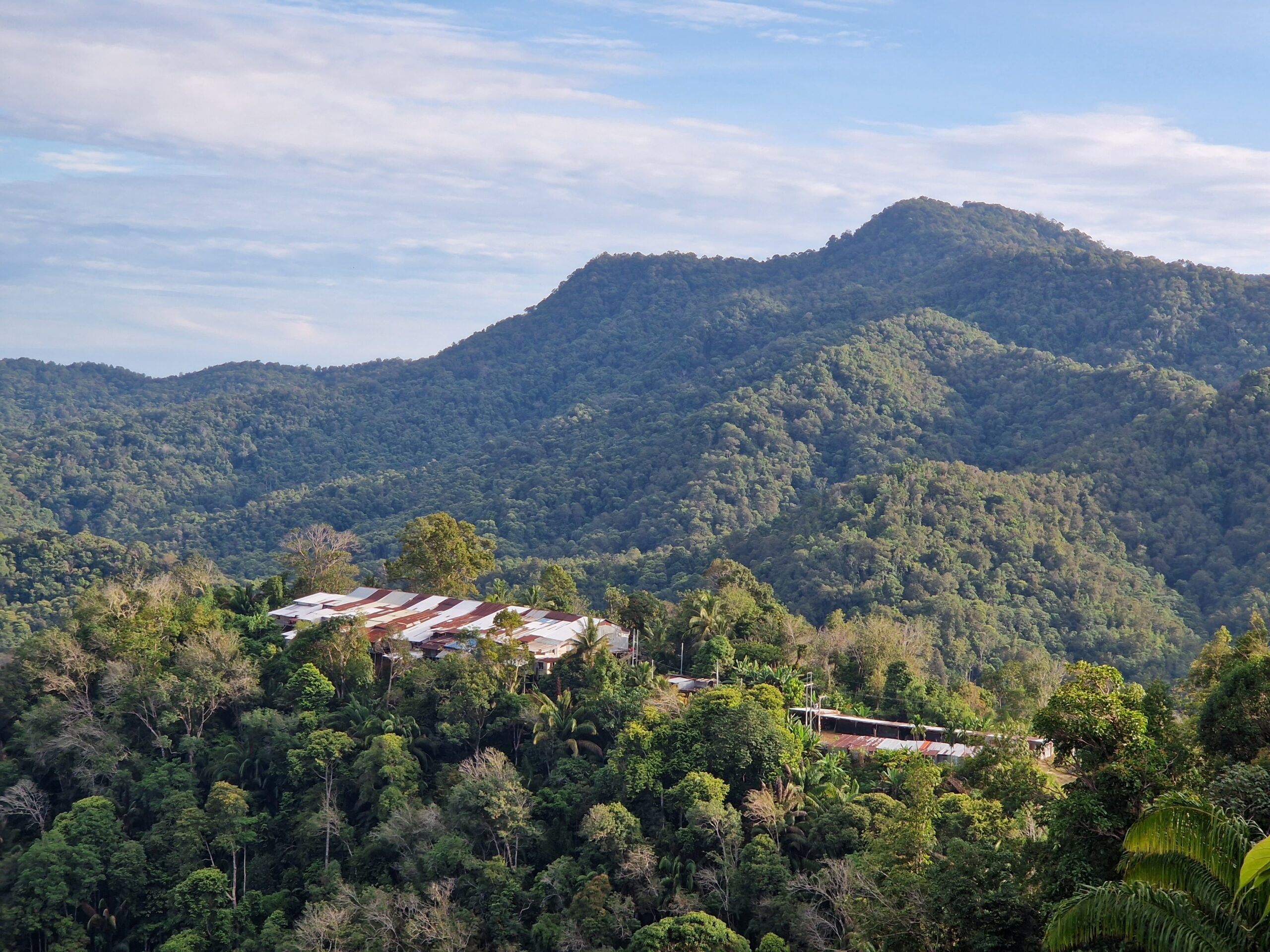BATANG AI & SOUTHERN SARAWAK
Besides the Land-Dayaks, there’s another Dayak group in Sarawak: The Iban. The term ‘Dayak’ was actually introduced by the Dutch during the colonial era, who used it to group all of Kalimantan’s (Indonesian Borneo) native tribes, that were associated with animistic practices and generally lived in longhouses. In Sarawak the term ‘Dayak’ referred to the Bidayuh (Land-Dayak) as well as the Iban. The Iban were called ‘Sea-Dayak’ based on the wrong assumption that they were generally good sea-farers, due to a small group of Iban pirates and their activities along Sarawak’s coast. In fact, the Iban originated from Kalimantan and migrated north across the mountains in search of fertile lands for rice farming.
Today the Iban are the largest ethnic group in Sarawak. The divisions of Simanggang (formerly also known as Sri Aman) and Betong are the areas with the highest Iban population. The majority of the Iban here still live in longhouses. In the past, the main purpose of living in a longhouse was that it functioned as protection from headhunting raids. Nowadays the communal living in a longhouse has different advantages. For example, it helps to support the Iban tradition of work sharing especially in farming. While individual families have their own land and crops, the longhouse community works together in the planting and harvesting of crops. This support and cooperation allows the Iban to not just farm rice, fruits and vegetables for their own consumption, but also to grow cash crops such as pepper or rubber.
Although most Iban have converted to Christianity, many animistic beliefs and practices from the olden days prevail. Rice farming for example, around which the animistic belief system evolves, is still an important part of their culture. Festivals such as the rice harvest festival ‘Gawai Dayak’, are still being celebrated with rituals and customs related to the belief in ancient spirits. And the Iban will proudly wear and display their traditional costumes for special occasion. Some animistic practices however have been abandoned – luckily. While the Iban were formerly known as fierce headhunters, they are peaceful people now, welcoming guests to their longhouses.
In Batang Ai the Iban are not the only inhabitants of the area. The lush green rainforests of Ulu Batang Ai, or in short Ulu Ai, are also home to the great apes of Borneo: the orang utan. The area of Ulu Ai is adjacent to the Lanjak Entimau Wildlife Sanctuary, which is home to the biggest population of wild orang utans in Sarawak. Together with the Indonesian Betung Kerihun National Park it forms the largest trans-border national park in Borneo.
GOOD TO KNOW
Location
Sarawak, Malaysian Borneo
Best time to visit
The area of Batang Ai and Southern Sarawak can be visited all year round. However, tours that include boat rides and/or camping might occasionally not be possible during the rainy season. Continued heavy rainfalls can cause dangerously high water levels with strong currents and flash floods.
How to reach
By road > Overland busses serving the route Kuching – Sibu will stop along the highway at certain rest stops, where passengers could hop on or off. However, from those rest stops there is no public transport available to reach Batang Ai and/or the Iban longhouses. Private transport arrangements are necessary.
Where to stay
- Iban longhouses
- Jungle camping
What to see & do
- Get to know the Iban, their culture and beliefs
- Spend a couple of nights in a longhouse to experience the special communal lifestyle and witness the daily activities, which include farming, fishing and hunting
- Join the Iban on a nature walk to learn about the uses of forest plants and herbs as food, medicine or material for crafts and utilitarian items
- Enjoy a scenic longboat ride along one of the many rivers in the area
- Embark on an off-the-beaten-track adventure to Ulu Ai and spend a few days trekking and camping in the rainforest in search of wild orang utans as well as other wildlife



No Comments